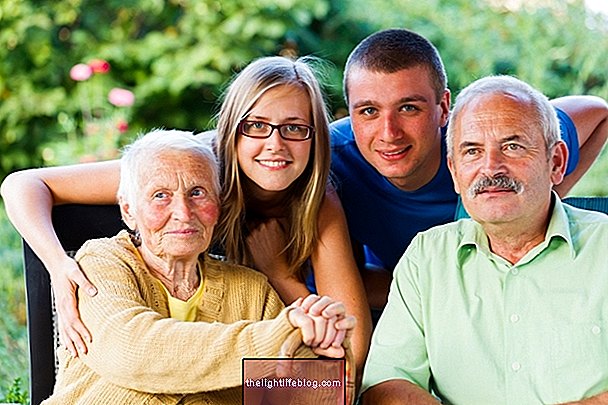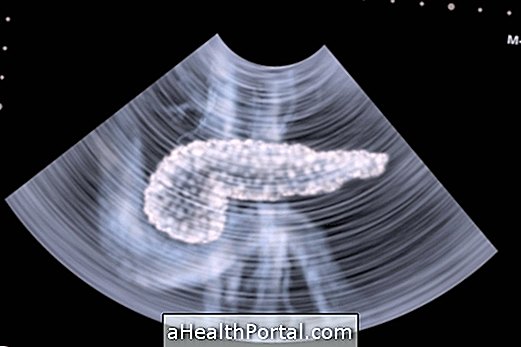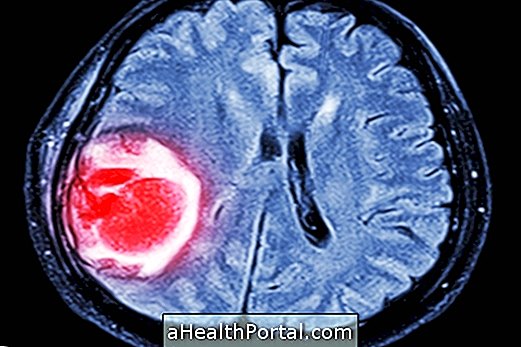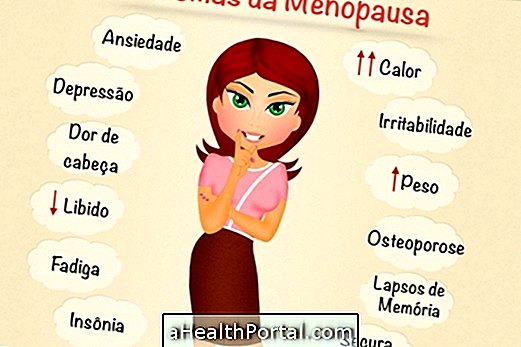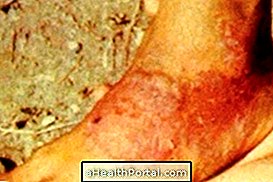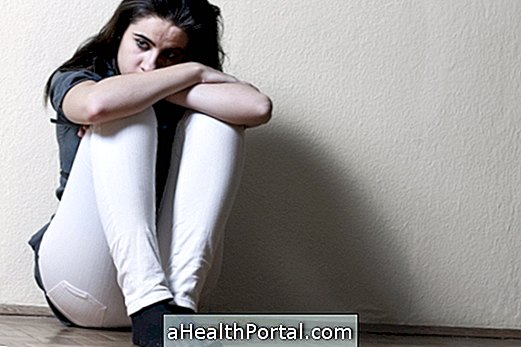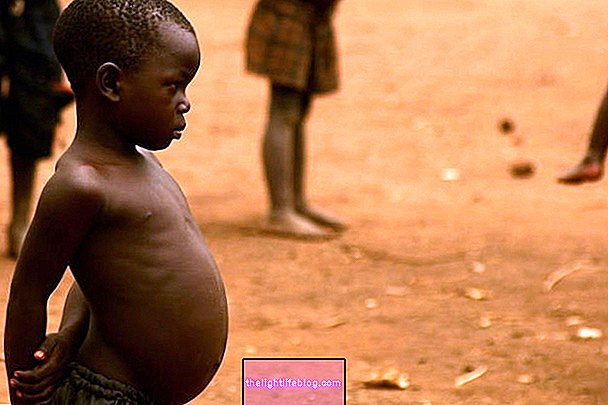Abdominal cancer can affect any organ in the abdominal cavity and is the result of abnormal and uncontrolled growth of cells in this region. Depending on the affected organ the cancer may be more, or less severe. The most common types of abdominal cancer include:
- Colorectal cancer;
- Liver cancer;
- Pancreatic cancer;
- Kidney cancer;
- Stomach cancer.
Abdominal cancer can have several causes depending on the organ it affects. The most common causes are the existence of intestinal polyps, advanced age, alcoholism, smoking, hepatitis B or C, chronic pancreatitis, bacterial infection by Helicobacter pylori, obesity and family history of abdominal cancer.
This type of cancer is more common in individuals over 50, but it can occur in individuals of any age.
Symptoms of Abdominal Cancer
The symptoms of abdominal cancer can be mistaken as of other diseases like a liver problem, poor digestion and a discomfort in the belly.
The most common symptoms are:
- Pain in the abdomen;
- Swollen belly;
- Tiredness;
- Fever;
- Loss of appetite and weight loss;
- Constipation or diarrhea;
- Vomiting;
- Blood in stool;
- Anemia;
- Jaundice;
- Pallor.
The symptoms of abdominal cancer vary depending on the type and stage of the cancer.
Many people do not have any early stage symptoms of some forms of abdominal cancer, such as colorectal cancer, stomach cancer, pancreatic cancer and liver cancer. Only with the aid of exams such as MRI and CT scan will it be possible to diagnose exactly the location and to draw the most appropriate treatment.
Treatment of abdominal cancer
Treatment of abdominal cancer may include chemotherapy, radiation therapy and, in more severe cases, surgery. Pain medications, dietary counseling, and alternative treatments such as yoga or acupuncture for pain relief are also used.
Abdominal cancer treatment should be individualized for the type of abdominal cancer and its stage of development, as well as the patient's age, medical history and other diseases.
Abdominal cancer has a good chance of healing when it is diagnosed early and is properly treated. Although the treatment of cancer causes unpleasant reactions such as nausea, vomiting and hair loss, this may be the only way to cure the disease.
See too:
- How to make hair grow faster after chemotherapy
